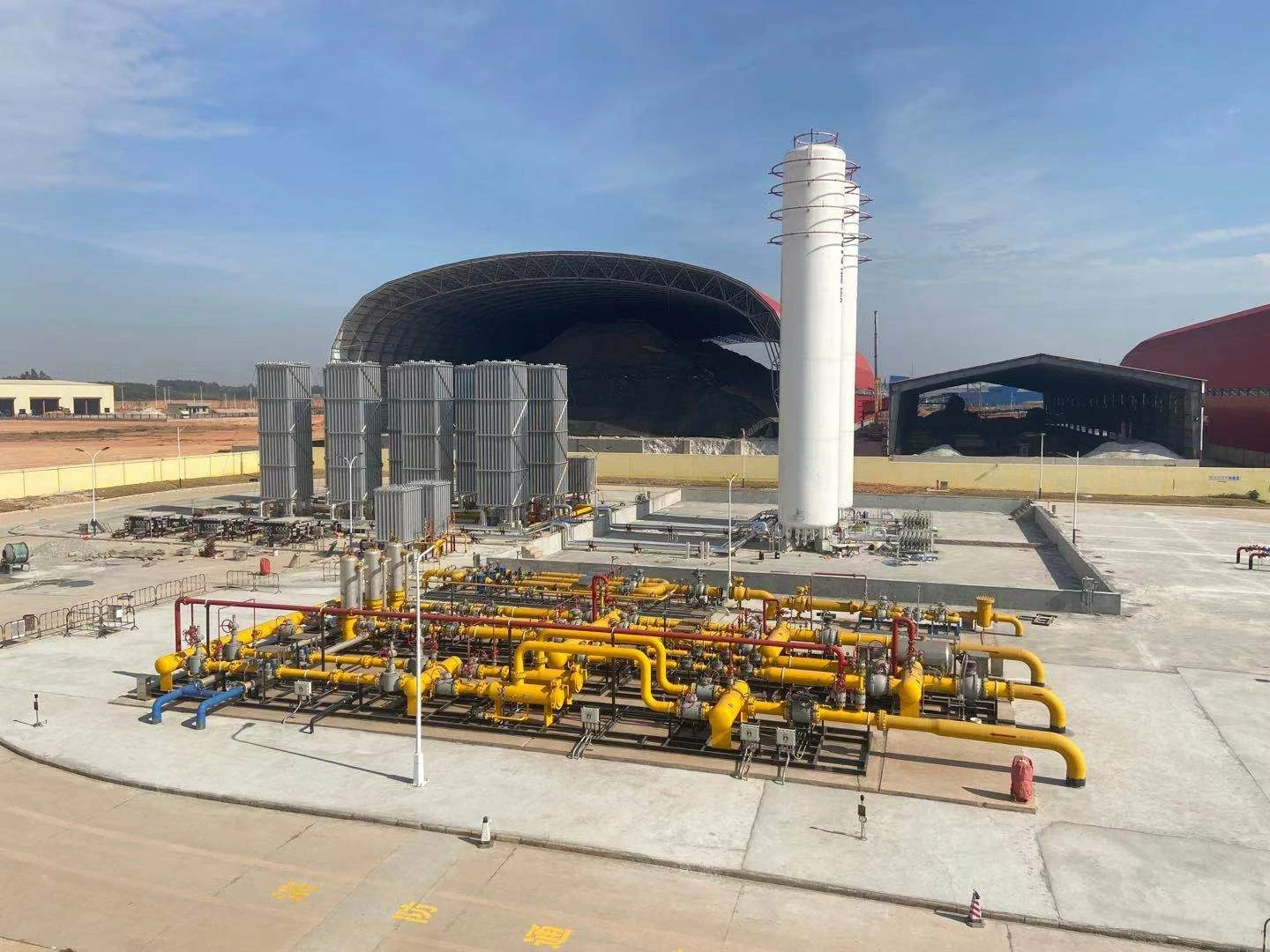
Nov . 11, 2024 17:25
Back to list
gas pressure regulator valve
Understanding Gas Pressure Regulator Valves An Essential Component in Gas Systems
Gas pressure regulator valves play a crucial role in various industries by ensuring the safe and efficient use of gas in different applications. From industrial processes to household gas appliances, these valves help maintain a steady gas pressure, thereby preventing potential hazards and optimizing performance.
What is a Gas Pressure Regulator Valve?
A gas pressure regulator valve is a mechanical device designed to control the pressure of gas delivered from a supply source to a downstream system or device. It adjusts the gas pressure to a predetermined level, allowing for the consistent flow of gas regardless of fluctuations in the supply pressure or the demands of the system.
Gas pressure regulators typically consist of an inlet, outlet, diaphragm, and adjustment spring. The inlet connects to the primary gas supply, and the outlet leads to the application requiring gas. The diaphragm, which responds to changes in pressure, works in conjunction with the adjustment spring to maintain the desired downstream pressure.
How Does it Work?
The basic operation of a gas pressure regulator valve can be understood through its feedback mechanism. When the gas enters the regulator, it encounters the diaphragm, which moves according to the incoming pressure. If the pressure exceeds the setpoint, the diaphragm moves to partially close the outlet, reducing the flow of gas and lowering the pressure. Conversely, if the downstream pressure drops below the desired level, the diaphragm opens further, allowing more gas to flow through.
This self-regulating mechanism ensures that the gas maintains a consistent pressure, which is vital for the safe operation of appliances such as boilers, heaters, and kitchen stoves. Without a properly functioning regulator, variations in gas pressure could lead to inefficient combustion, increased emissions, and potentially dangerous situations.
Importance of Gas Pressure Regulation
Gas pressure regulation is vital for several reasons. First, it enhances safety. High gas pressures can lead to leaks, explosions, and equipment damage. Regulators mitigate these risks by keeping the pressure within safe limits.
gas pressure regulator valve

Second, they improve efficiency. Optimal gas pressure ensures complete combustion in appliances, maximizing their performance and reducing energy waste. This not only saves costs but also minimizes environmental impacts due to lower emission rates.
Third, gas pressure regulators ensure compliance with regulatory standards. Many industries must adhere to strict safety and operational guidelines, making the use of reliable gas regulators essential.
Applications of Gas Pressure Regulators
Gas pressure regulators are used across various sectors, including residential, commercial, and industrial applications. In residential settings, they are commonly found in natural gas lines for stoves, furnaces, and water heaters. They provide a safe and consistent supply of gas for these critical appliances.
In industrial contexts, gas regulators are essential in manufacturing processes that require precise control over gas flow and pressure, such as in chemical plants or metal fabrication. They are also used in medical facilities to regulate oxygen and other gases required for patient care.
Maintenance and Best Practices
To ensure that gas pressure regulators operate efficiently, regular maintenance is crucial. This includes checking for leaks, inspecting diaphragms for wear or damage, and verifying that the pressure settings remain accurate. Additionally, it’s essential to follow the manufacturer’s guidelines for installation and operation to avoid potential safety issues.
When selecting a gas pressure regulator, it’s important to consider factors like the type of gas, pressure requirements, and the specific application. Choosing the right regulator is key to ensuring both functionality and safety in gas delivery systems.
Conclusion
Gas pressure regulator valves are indispensable components of gas delivery systems, providing safety, efficiency, and regulatory compliance. Understanding the function and importance of these valves can help users make informed decisions regarding their selection and maintenance, ensuring the safe operation of gas appliances across various applications. As technology advances, the role of regulators may continue to evolve, enhancing their capabilities and applications in the future.
Next:
Latest news
-
Safety Valve Spring-Loaded Design Overpressure ProtectionNewsJul.25,2025
-
Precision Voltage Regulator AC5 Accuracy Grade PerformanceNewsJul.25,2025
-
Natural Gas Pressure Regulating Skid Industrial Pipeline ApplicationsNewsJul.25,2025
-
Natural Gas Filter Stainless Steel Mesh Element DesignNewsJul.25,2025
-
Gas Pressure Regulator Valve Direct-Acting Spring-Loaded DesignNewsJul.25,2025
-
Decompression Equipment Multi-Stage Heat Exchange System DesignNewsJul.25,2025

